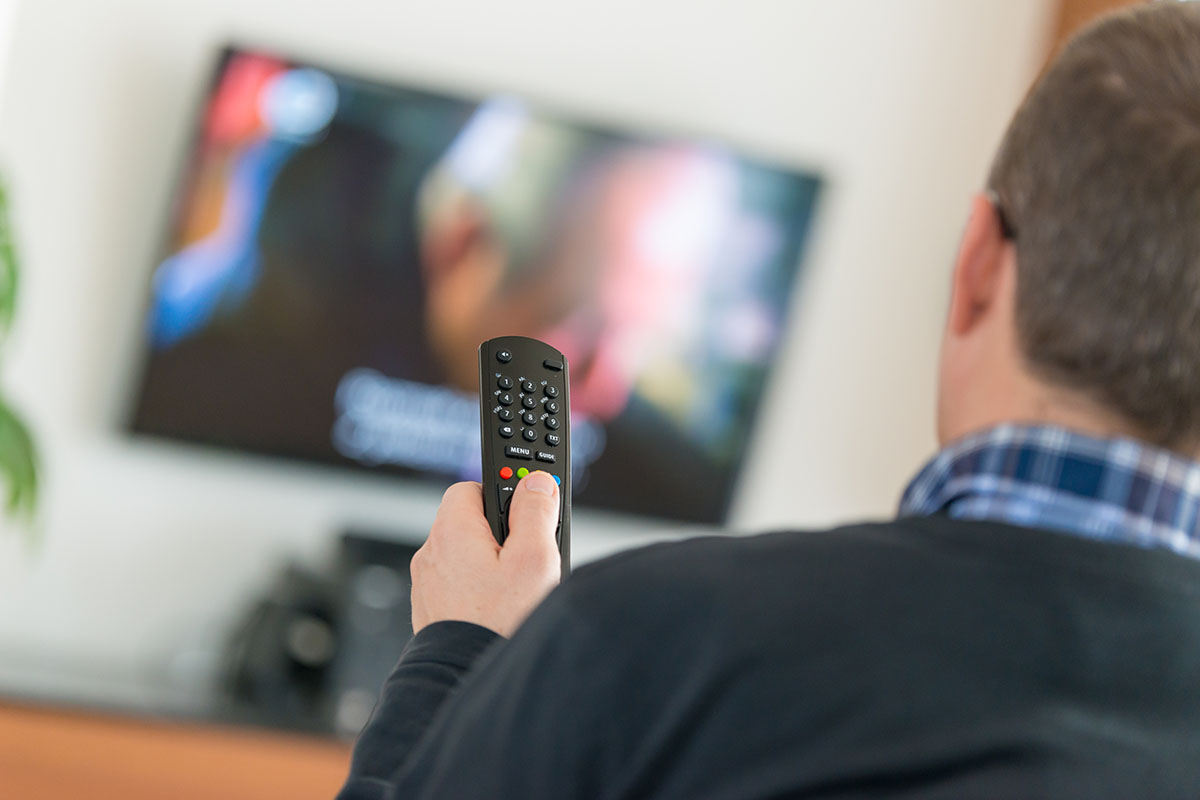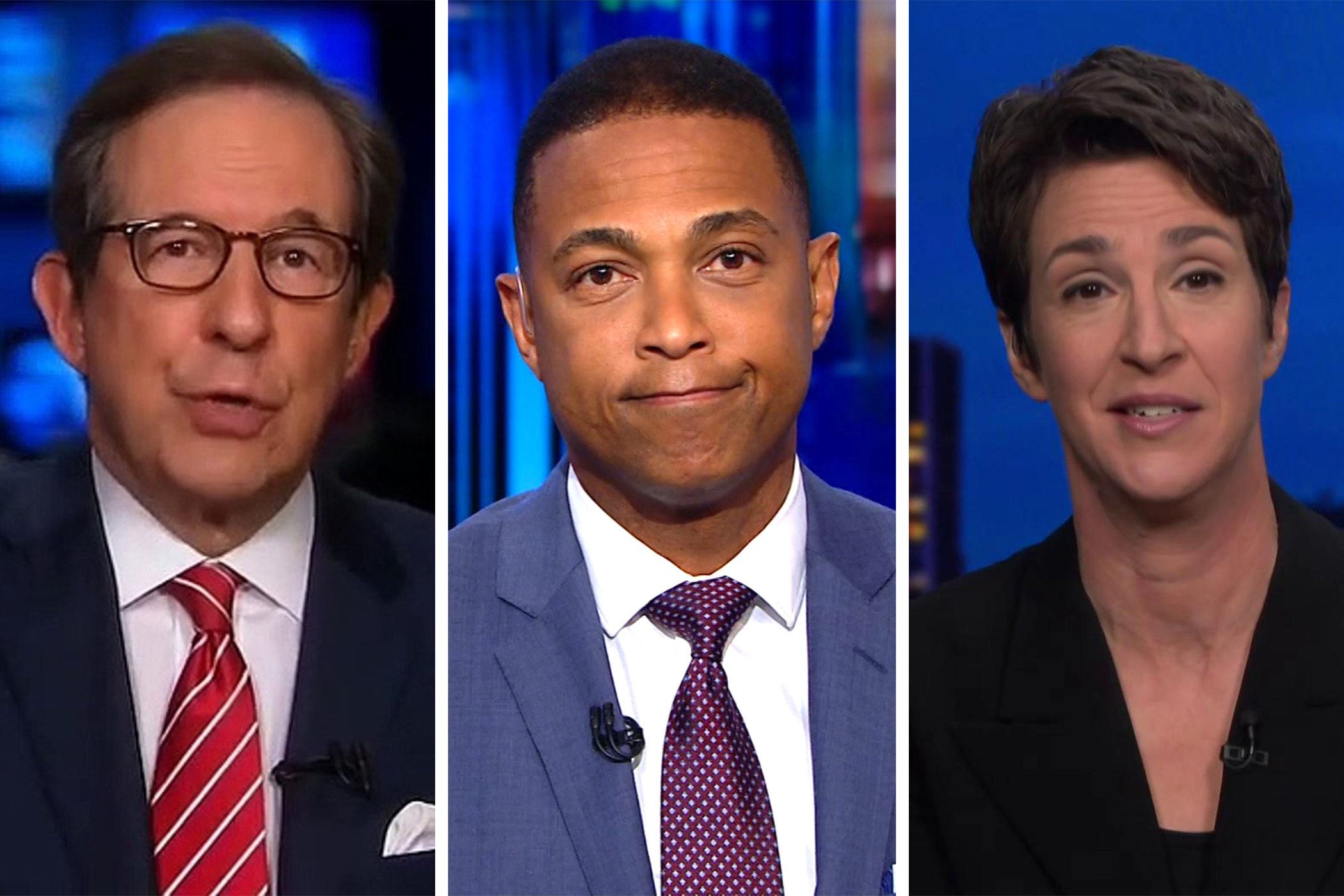The laws that were supposed to protect you from unwanted cable bill hikes aren’t doing the job.
That’s the conclusion reached by Jared Newman at TechHive in response to cable companies not living up to the spirit of the Television Viewer Protection Act, a 2019 bipartisan-backed law that made pricing more transparent, so customizers could see all the itemized charges, fees and estimated taxes from the beginning. It also gives consumers a 24-hour window to cancel their new service (at no charge) and companies have to tell customers when their promotional rates expire.
Early results aren’t promising. As Newman points out, “Cable companies still advertise prices far below what you’ll actually pay, and some of them avoid revealing their true prices until the last possible moment. Even if they’re following the letter of the law, they’re not quite capturing the spirit.”
Among his findings: Fees hidden under a “Pricing & Other Info” button that added up to $34 per month, TV/DVR connection charges, installation, and broadcast/regional fees that don’t appear during the sign-up process until the final billing page.
Even Dish Network, which got some praise for transparent pricing, got dinged for a $10 monthly charge for customer support that you can’t opt out of and doesn’t come up until six months into your service.
Worse, hidden cable fees could make a comeback in a different form. Multiple state and federal lawsuits are ongoing against streaming services like Netflix and Hulu, demanding they start paying “franchise fees” (much like networks and cable companies do), and that additional cost would probably be added to your bill, however you get those services. And services like Comcast are significantly increasing costs of installation while tacking on other costs … which, given that those “bullshit fees” add up to $28 billion per year in revenue for the cable companies, isn’t likely to stop with any law.
Suggestions? Read the fine print. Sign up with a call center, not online. And while getting more expensive, you could try some streaming/cord-cutting options if you want a more limited viewing (or internet-only) experience.
Personally? My last three experiences with cable companies got bad (particularly with Optimum, which made seven house calls to my apartment this pandemic summer … only to not fix my problem and charge me for appointments they didn’t keep) right after the initial contract ended. I say switch or threaten to cancel every two years.
Thanks for reading InsideHook. Sign up for our daily newsletter and be in the know.

















